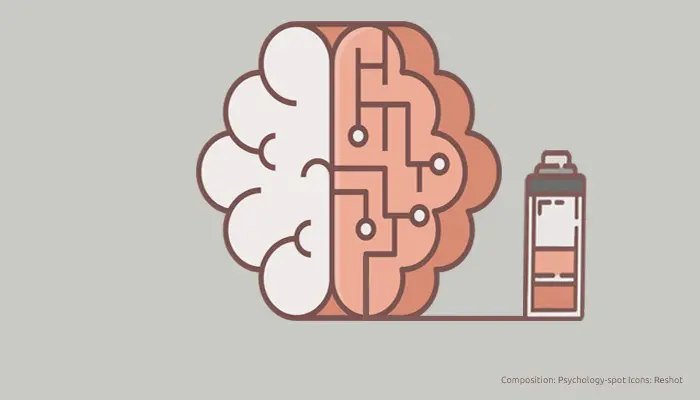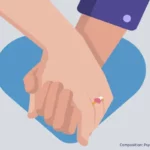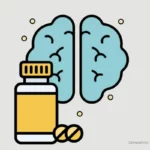
We often have habits, ways of thinking, attitudes and behaviors that play against us. Are the “energy thieves”, in the most literal sense of the word, because they rob us our strengths, both mental and physical, diverting them on worries and mental states completely useless that does not bring anything and make us feel bad. The main problem is that these “energy thieves” are working underground, in the shadows, they turn into something so usual that we don’t even perceive it’s existence.
The habits that steal from us health, balance and happiness
1. Complaining. Some people have made of complaints the sense of their lives, they live to complain, they always find a reason to be dissatisfied. The problem is that these people do not complain to solve the problems, but simply to wallow into them. As a result, they are constantly snooping in their “daily junk” looking for something to complain about. In this way they focus their energies into something totally useless.
2. Postponing continuously. Postponing continually those tasks that, sooner or later we will have to deal with, is the best way to add unnecessary stress to life. In fact, it is often more stressful than having to remember what we have to do rather than deal with it and carry it out.
3. Do not giving us the necessary rest. The society is very strict with us, but we can’t always keep the pace. In fact, expecting to continually live in the fast lane sooner or later will bring us a large bill to pay, both physically and psychologically. So it is desirable not to be over the limit to rest but make of the rest a daily habit.
4. Being disorganized. The places where disorder reigns are like a black hole that sucks our energy. The chaos will make us lose precious time in search of things and, above all, generates a feeling of uncertainty and disorganization in our brains, making us even more exhausted. Take some time to do some cleaning every time you can, a desk and a house in order will make you feel much better and transmit positive energy.
5. Do not accept the facts. Acceptance is not resignation. Accepting means assuming the things you can’t change and do what we can to change those on which you have the control. When you don’t accept a situation that becomes an obstacle on your path, it is like adding one more stone in the backpack of our lives that we will make us proceed much more slowly and with more difficulty.
6. Clinging on properties or persons. It is difficult to put into practice the detachment, but it is essential if we won’t suffer more than necessary. Detachment does not mean not to love, but love leaving the other person free, knowing that at any given time that person might abandon us. Cling to things or people obsessively only generates addiction and malaise. In addition, swimming against the tide will make us lose precious energy that could be used in other projects that make us happier.
7. Worrying without a reason. Usually we do not react to situations but to the image that we have created in our minds. In this context we are not objectives, but we include all the concerns about what might happen. This tendency toward negativity adds completely useless stress and anxiety because often, the bad prophecies don’t turn into an action plan, but remain just annoying flies buzzing in our mind. So, faced with a difficult situation, it is better to focus on the here and now, going on step by step, without imagining the negative consequences that won’t probably occur.
8. Do not know how to say “no”. People who do not know how to say no tend to overload themselves with tasks that end up destroying them, both physically and mentally. Many times these people don’t say no because they feel embarrassed or because they fear to be refused by the others. However, time is the most valuable asset we have and we should use it wisely. Don’t waste it on projects that do not motivate you, or that are not your responsibility. Have time for yourself, for your family and enjoy what you like is fundamental for your health.
9. Keeping resentment. Hatred and resentment are feelings that consume us on a low heat. These feelings, fed over the years, have also very negative consequences for our physical health as they can trigger physical illness. Therefore it is very important to learn to let go. Of course, all wounds need time to heal, but make sure that this time is not excessive.
10. Do not decide. When we have to make important decisions it is normal that we have doubts and want to have more time to think, but continually postponing the decisions will subtract from us precious energy turning us into a state of uncertainty and malaise. Therefore, we should get rid of all those “internal battles.” We must assume that we won’t always take the best decision, perhaps we’ll err, but mistakes will always teach us something. It is better to make mistakes and try to repair for them than stand still and suffer for the indecision.



